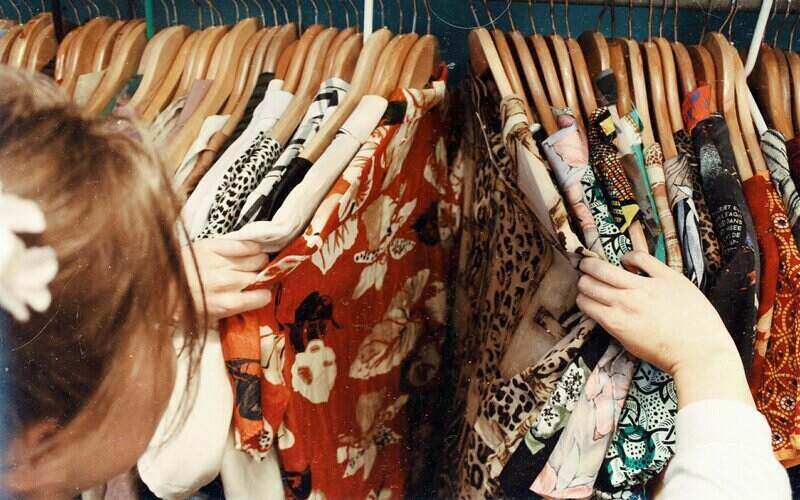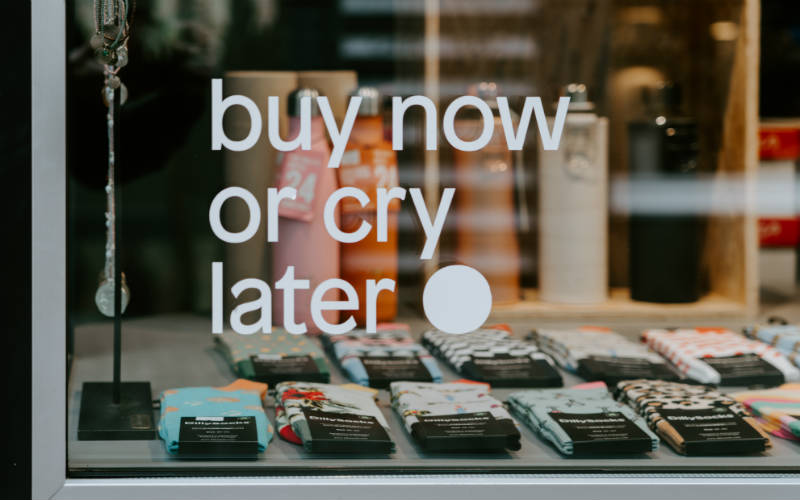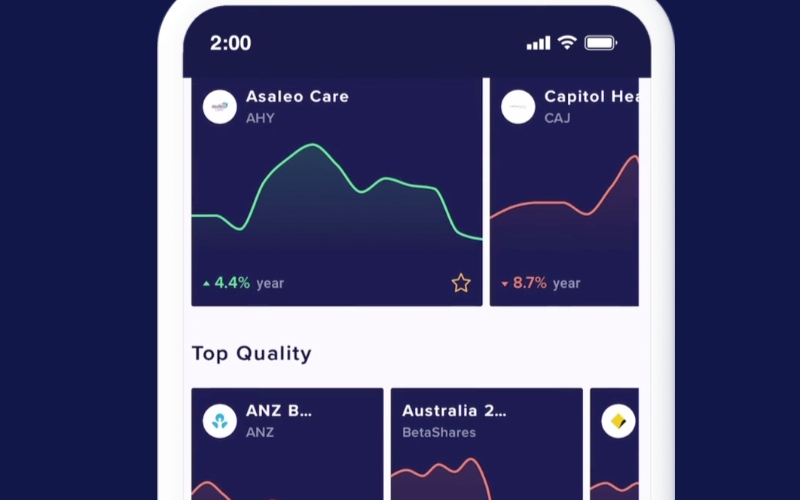The move will give Westpac access to spending insights on Afterpay's estimated 3.3 million customers.
To receive deposits, institutions generally need an Authorised Deposit-taking Institution (ADI) licence, but Afterpay can avoid this by using Westpac's '10x banking-as-a-service' platform.
Westpac CEO Peter King said the partnership allows the bank to latch onto "innovation" developed by Afterpay.
"Fintech innovation is changing banking in important ways and our new digital banking platform is part of our long-term strategy to support this trend and better respond to changing customer needs," he said.
Afterpay CEO Anthony Eisen said the move allows its customers to manage their money "more seamlessly".
"For Afterpay, this is clearly just the beginning as we explore this opportunity globally," he said.
In 2017 Westpac made a $40 million equity investment into main BNPL rival zipMoney, and it's understood zipMoney refused Westpac's offer to join its '10x' platform.
Need somewhere to store cash and earn interest? The table below features introductory and going savings accounts with some of the highest interest rates on the market.

- Bonus rate for the first 4 months from account opening
- No account keeping fees
- No minimum balance
Zip teams up with Visa to offer BNPL 'everywhere'
Zip has launched a new product 'Tap & Zip', which uses the Visa payments platform to enable the BNPL service to be used in more places.
This was done through Zip being granted a 'Principal Issuer Licence' with Visa, and comes in the form of a virtual card and can be added to selected digital wallets.
This comes after Mastercard teamed up with LatitudePay late last year to offer a similar service.
Zip CEO Larry Diamond said Zip's partnership means customers can now use BNPL to pay for groceries and petrol from retailers that traditionally don't allow BNPL.
"As a customer-obsessed organisation, we are excited to announce Tap & Zip, which completely changes the game, enabling Zip to compete with the credit card at every checkout in Australia," he said.
Zip will earn interchange revenue on transaction volume processed on its cards.
Mr Diamond also said the move will "dramatically increase" in-store transactions, and increase conversion rates for retailers and merchants, in a retail industry that's been volatile throughout the pandemic.
The 'strategic' reasons for these moves
Toby Blyth, partner at law firm Colin Biggers & Paisley previously predicted big banks breaking into the BNPL market.
Today he told Savings.com.au that Westpac's and Visa's moves are astute strategic decisions.
"These sorts of deals represent a cost effective way for a Big Four to enlarge its reach into digital demographics without suffering a second mover network disadvantage," he said.
"It is likely BNPL players will closely guard their data but, like social media platforms, will offer opportunities to mainstream financial institutions to push their product to carefully calibrated and segmented chunks of their users.
"BNPLs are popular with younger generations, precisely the demographic group least likely to have a sticky long-term relationship with a Big Four bank.
"Such a deal would reflect a classic pairing of the large balance sheet and access to capital of the bank, together with its banking licence (which, unlike a credit licence, a BNPL would struggle to obtain), with the BNPL's 'contact list'."
"So we see the BNPLs functioning like the large social media companies, monetising their data but in a smart and protected way."
'Aggressive' expansions raise red flags
Consumer groups have raised issue with both of these announcements.
Consumer Action Law Centre policy director Katherine Temple said debt problems will be "turbocharged" and "normalised" through these new programs.
"Buy now pay later is credit - plain and simple. The rapid expansion of buy now pay later into everyday purchases is simply increasing the risk of people being caught in debt traps," she said.
"Australia has a debt problem. Buy now pay later companies use slick marketing to normalise the use of credit for everyday essentials.
"I am concerned that this industry is setting young people up to fail financially, and that will only be turbocharged with these aggressive expansions with Westpac and Visa."







 Brooke Cooper
Brooke Cooper

 Hanan Dervisevic
Hanan Dervisevic
 William Jolly
William Jolly


